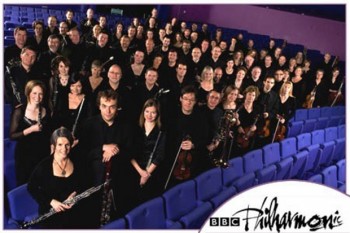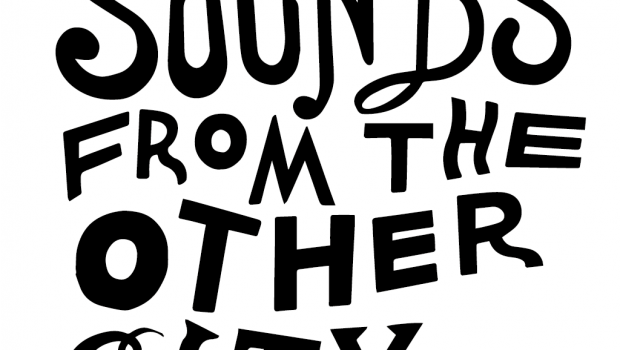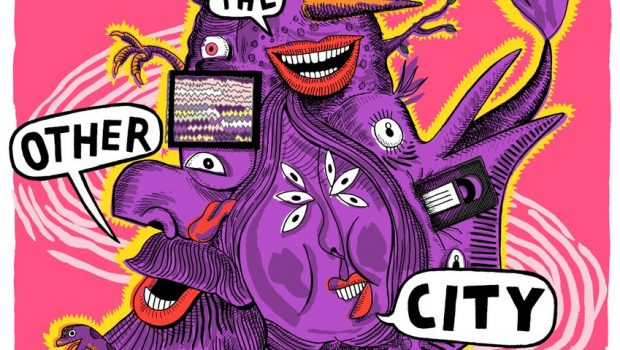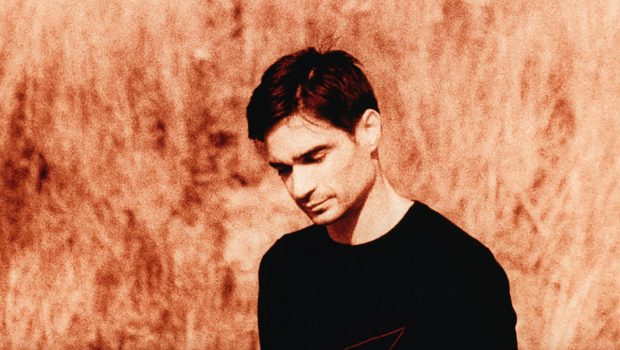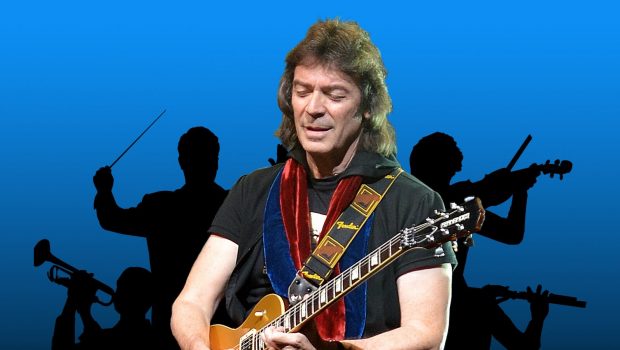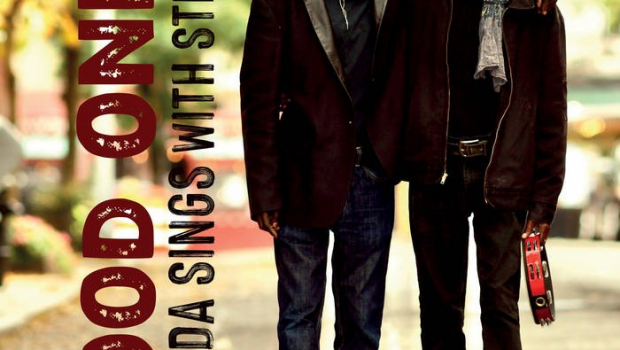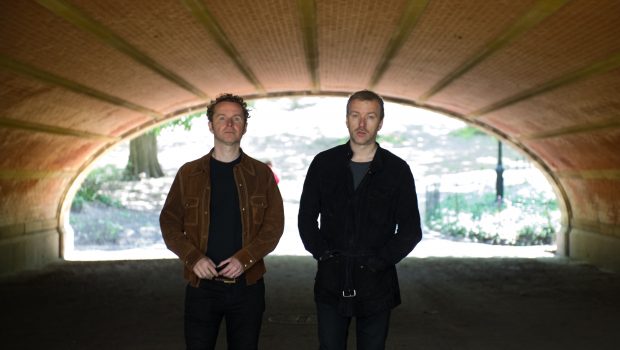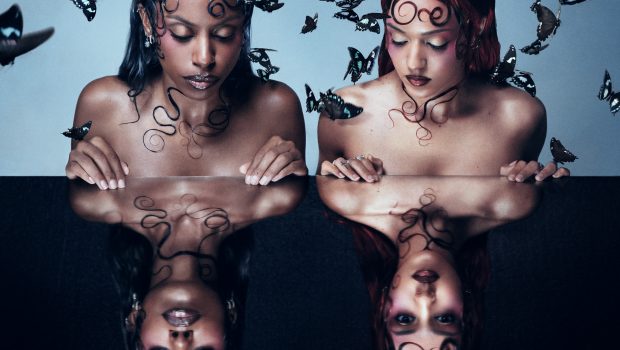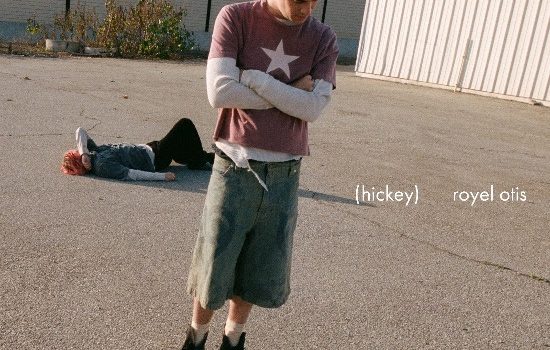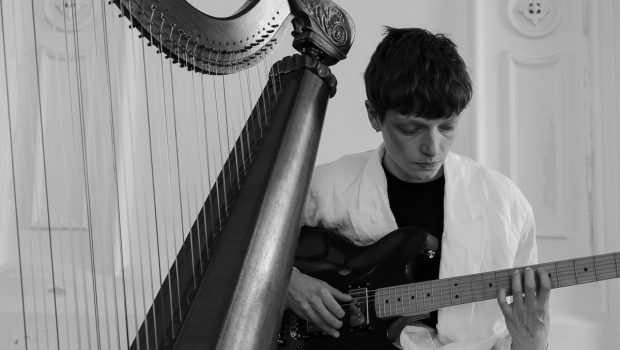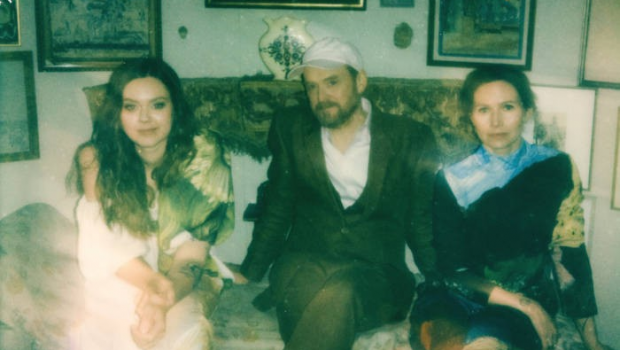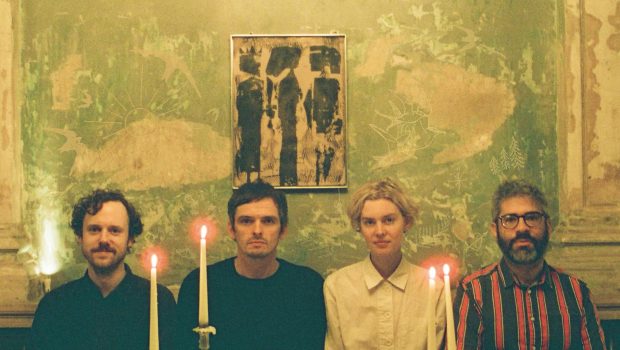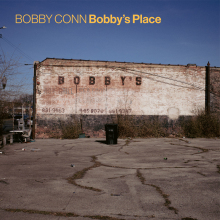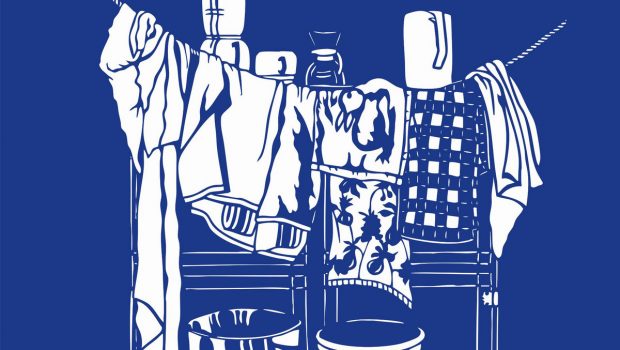Images (part of the series ‘Reflections of Debussy in the Mirror of the East’)
– THE BRIDGEWATER HALL, MANCHESTER –
This show is based on the theme of musical representations of the visual, as part of a wider series focussed on the works of the influential turn-of-the-(20th)-century French composer Claude Debussy, his influence by the oriental music of the time, and his subsequent influence on composers of the twentieth century, especially Japanese.
Despite tonight’s unifying theme, it would be hard to pick a wider range of different musical styles. Debussy’s more modern approach is typified by ‘Images’ with its almost cinematic soundscapes is directionless, meandering and suggestive; filled with space and liberated from the diatonic scale and the key-based approach of his musical forebears. The piece is a good choice to illustrate the influence of Debussy on the music of the East – showing very well the pentatonic and key-less style often used in the soundtracks of Studio Ghibli films like Spirited Away and Ponyo. Tonight, ‘Images’ is played with wonderful delicacy and softness and receives enthusiastic applause.
Debussy’s contemporary George Gershwin was principally a pianist and popular musician before being commissioned in 1924 to produce the seminal ‘Rhapsody in Blue’. Often described as the most popular piece of American music of all time, Rhapsody falls somewhere between classical and jazz, without really being one or the other. This duality is heightened in a concert-hall performance, with the lively, vivacious music contrasting with the often staid appearance of the orchestra, and the hushed audience. That said, pianist Steven Osborne’s solo work tonight on ‘Rhapsody’ is excellent, his performance perfectly straddling the lines between jazz and classical, just as the piece does – emotional yet technical.
This is the first BBC Philharmonic performance that I have seen since the excellent Gianandrea Noseda stepped back from the role of conductor. His replacement Juanjo Mena, a Spaniard, brings a genuine sense of emotion to the works he conducts – without the theatrical physical over-exaggeration of some of his modern contemporaries. His passion and immersion in the music is without question, and transfers to the audience without being needlessly attention-grabbing or detracting at all from the music. His passion comes across when announcing an extra performance not listed on this evening’s bill; the Intermezzo from Granados’ opera ‘Goyescas’, inspired by the paintings of the Spaniard Goya. The piece is well-received, and a pleasant and relevant addition to the bill.
My personal highlight is the performance of a favourite of mine: Mussorgsky’s ‘Pictures at an Exhibition’. Like Gershwin, the nineteenth-century Russian soldier-turned-composer Modest Mussorgsky was also often criticised for the refinement of his work, but his direct and powerful non-diatonic influenced style is nevertheless wonderfully effective. Another pianist, many of Mussorgsky’s better-known works are piano suites, only arranged after his death by other composers; in the case of ‘Pictures at an Exhibition’, the most well-known version is by Frenchman Maurice Ravel. ‘Pictures’ shows the greatest variety of any of tonight’s pieces – from the light-hearted, almost comical ‘Ballet of the Chickens in their Shells’ through the lumbering ‘Cattle’, into the darkness of the ‘Catacombs’, and finally out in to the light of the finale ‘The Great Gates of Kiev’, simply one of the most touching and triumphant in the classical repertory.
